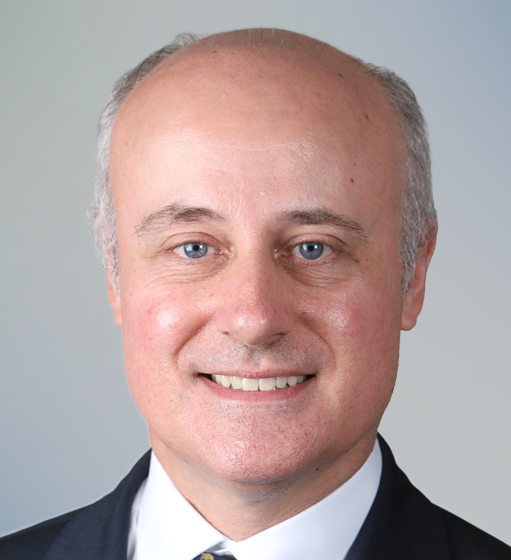Klaus Regling at Eurogroup press conference
Transcript of remarks by ESM Managing Director Klaus Regling
Eurogroup press conference, 10 July 2017
Introduction on Greece and Ireland
Let me start with Greece, which was not on the agenda, and if I remember correctly, it was the first time this year it was not on the agenda of a Eurogroup. So that in itself is a good sign. But I just wanted to add to what Commissioner Moscovici said that today, the ESM disbursed €7.7 billion to Greece, and indeed the money arrived in Athens this afternoon. This follows the Board of Directors’ meeting on Friday. The Commissioner mentioned that the overall tranche is €8.5 billion, and that means another €0.8 billion can be disbursed after September 1. That money is fully earmarked for arrears clearance, and will only become available if the agreed arrears clearance scheme has been put in place. We all know that paying and clearing arrears is really important for the functioning of the economy.
With this disbursement today, the ESM has already disbursed €39.4 billion to Greece out of a total programme volume of up to €86 billion. Adding the previous EFSF loans to this amount, we come to a total of €181 billion. With this disbursement, the ESM/EFSF together now have over 51% of the Greek public debt in our books. That makes us Greece’s biggest creditor, and given the long maturities of our loans, it also shows that we will be a long-term partner to Greece. It also underlines the commitment and solidarity of the euro area in support of Greece’s economic recovery.
My second point is on Ireland, where the ESM also participated in the post-programme surveillance mission. I agree with the assessment of the Commission: Ireland’s economic success in the last few years is remarkable. Ireland is perhaps the best example of a successful adjustment programme. Ireland received €17.7 billion from the EFSF between 2011 and 2013 but it will only start repaying the principal by 2029, of course in the meanwhile there are interest and fees to be paid.
We have no concerns about Ireland’s capacity to honour its debt in the short term. But given the long maturities and beyond the short term, there are some areas where Ireland could prepare for the future, and we know the future is always uncertain. For a small open economy like Ireland, the need to maintain significant fiscal buffers should not be underestimated, as it is critical to protect from any potential external shocks. And in addition, the repair of the banks’ balance sheets, which has started in an impressive way, should continue and be completed through a further reduction in non-performing loans.
Response to question on the timing of Greece’s potential return to the markets
As you know, our programme with Greece ends next year in August, but it is a good moment to think about it. When I was in Athens 10 days ago, this topic came up in all my meetings with the authorities. Greece has been absent from the markets for quite a while. There were two bonds issued in 2014, but otherwise, not since 2009. Therefore, it is important for Greece to develop a strategy to go back. We know from the other countries that successfully exited their programmes – Ireland, Portugal, Cyprus – that they went to the market well before the end of their programme. Because it would not be wise to rely on the ESM to the last day of the programme, and then from the next day, a hundred percent on the market. That would not be good.
But it is important to have a good strategy to communicate with markets, so that markets understand it is not a one-off step that is taken; they want to see how it continues in the future. And also markets want to be reassured that reforms continue. Of course, the disbursement today is a sign that we concluded the second review, that there is good cooperation, but it must continue during the remainder of the programme – that’s important for investors, I hear that whenever I talk to them. So that should also be kept in mind by the Greek authorities.
And the last point: it’s important to remember that Greece will not need that much money from the markets in the future. There was an overall fiscal surplus last year; it will dip a bit, but there will be a primary surplus, and we agreed over the last few years, and it was confirmed in the last Eurogroup in June that there will be a primary surplus – first 3.5% and at least 2% for the long run. And that means Greece does not need to go to the market to finance a fiscal deficit. That was completely different 4, 5, 6, 7 years ago, where big amounts of money were needed to finance the fiscal deficit. The money that is needed in the future is to roll over existing debt that matures, and that’s a very different story from the past. That’s the result of the fiscal consolidation we have seen.
Contacts



